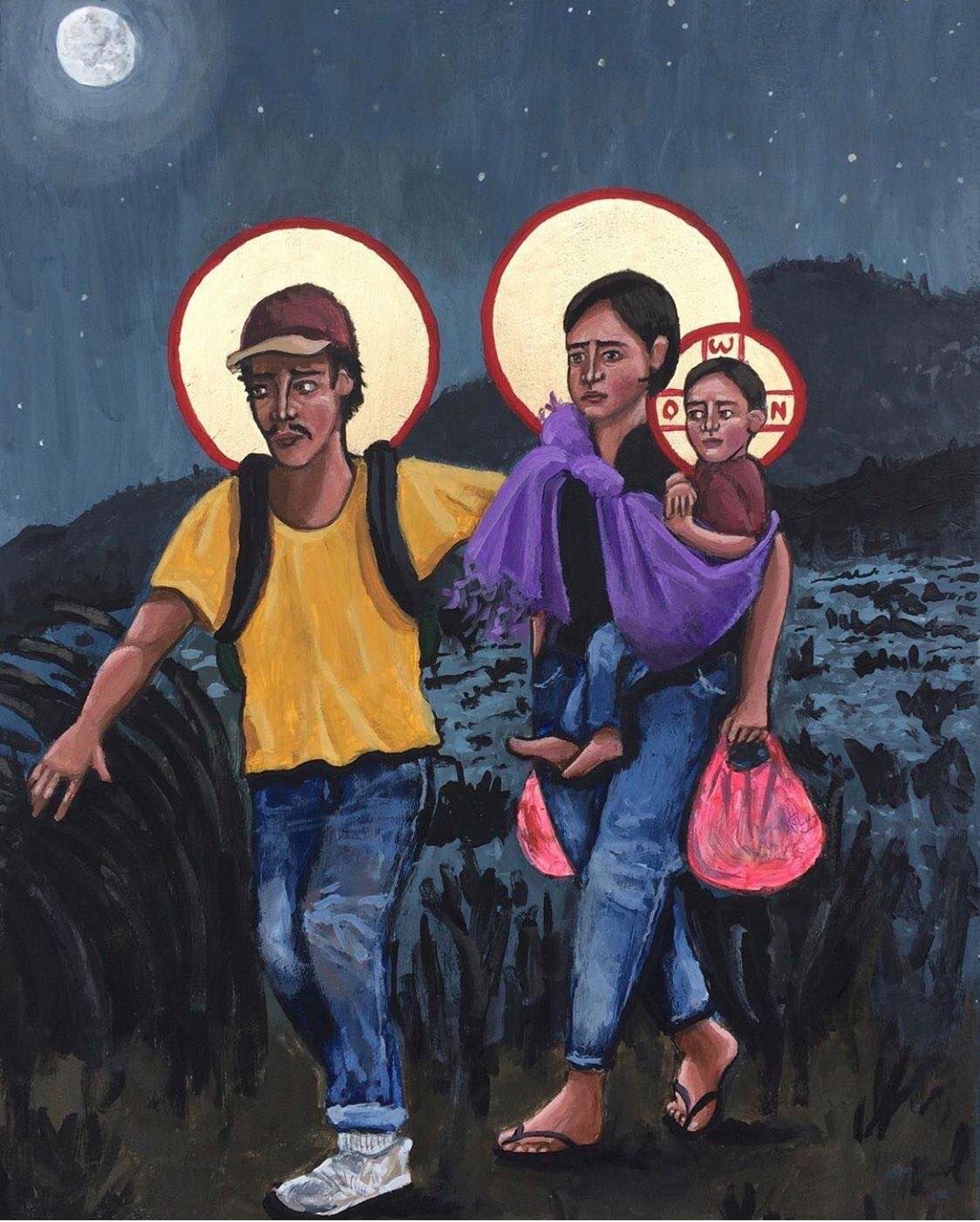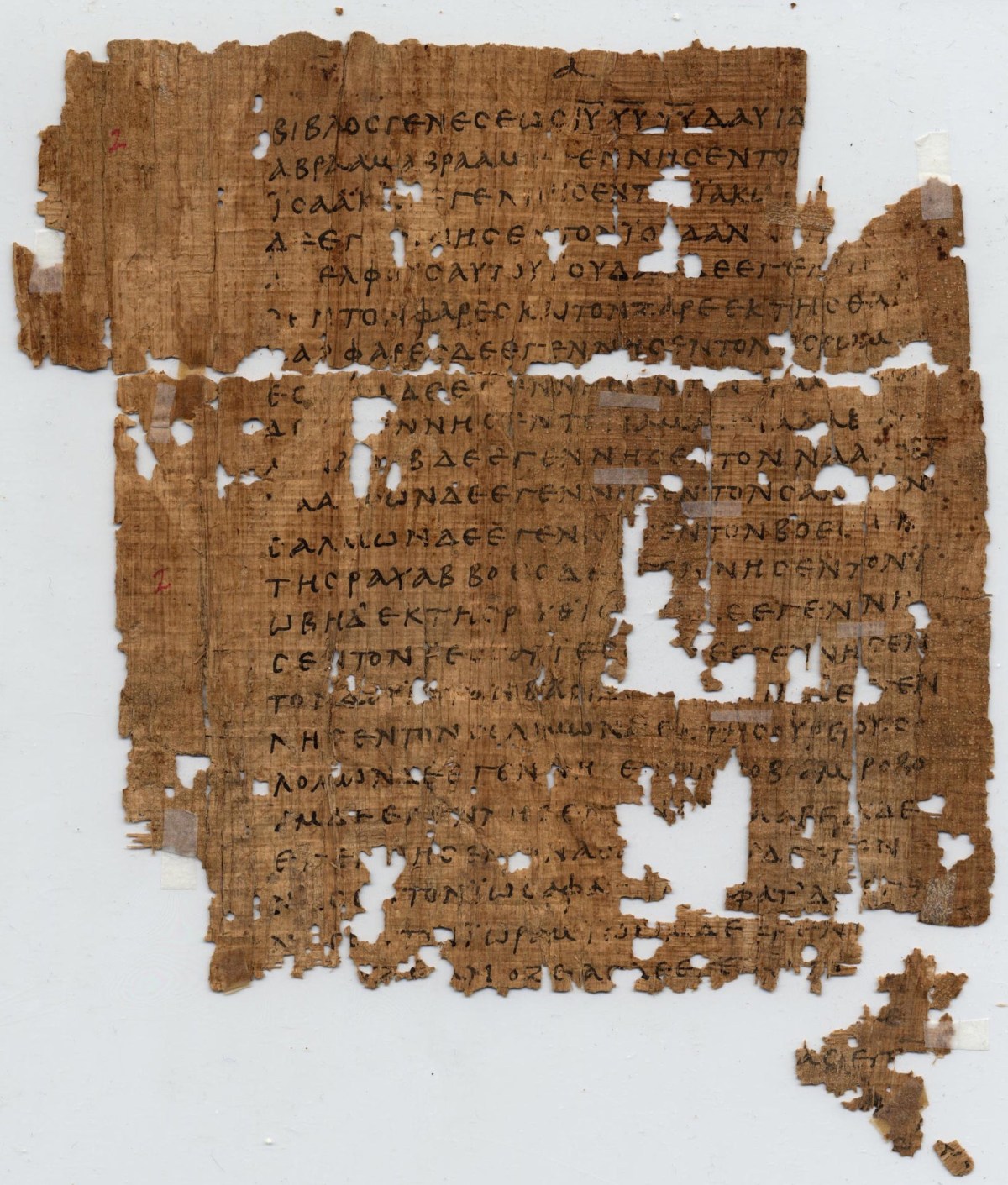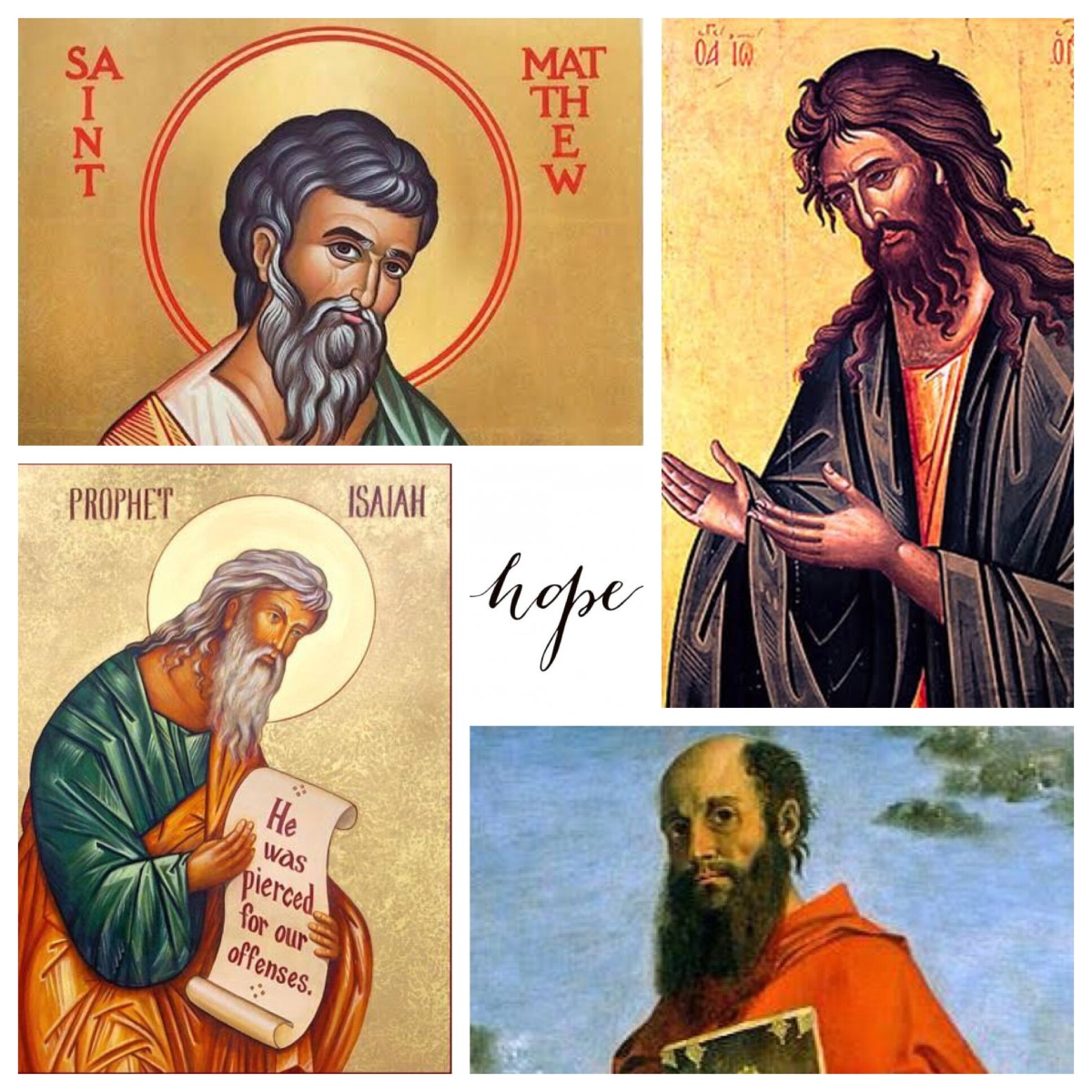26 December is the day when the Western Church especially recognises Stephen, the person who lays claim to being the first Christian martyr. (The Eastern Church allocates 27 December for this purpose). In reflecting on Stephen, we find a richness in what Luke recounts in his second volume, the Acts of the Apostles. Here are seven things to note about Stephen.
- Stephen represents the ministry of Deacon. He was one of the seven appointed in the Jerusalem church “to wait on tables” during “the daily distribution of food”. In this account, we find the Greek term diakonia (6:1,4) and its cognate verb (6:2). These terms have a general reference to waiting at table in ordinary hellenistic Greek usage (Luke 4:39; 10:40; 12:37; 17:8), but here take on the distinctive sense which they collect in Luke-Acts, by referring to a leadership role in the community (Luke 8:3; 22:26-27; Acts 1:17,25; 12:25; 19:22; 20:24; 21:19).
- Stephen represents those gifted by the Spirit for ministry. As the first named of the seven, he is explicitly identified as being “a man full of faith and the Holy Spirit” (Acts 6:5). The phrase “filled with the Spirit” is applied to Peter (4:8), Stephen (6:3,5; 7:55), Saul (9:17; 13:9) and Barnabas (11:24). Earlier, in Luke’s Gospel, other individuals were identified as spirit-filled: John the baptiser (1:15), Zachariah (1:67), Simeon (2:25-26) and Jesus himself (4:1,14). The phrase “full of faith and the Holy Spirit” reinforces the role of the spirit-filled prophet within the messianic Jewish community. Indeed, all members of this community are typically “filled with the spirit” (4:31). They all had a ministry to exercise.
- Stephen exemplifies grace, wisdom and power–qualities to be found amongst those in ministry and leadership. Stephen is described as being “full of grace” (6:8), a defining mark of the community noted at 2:47, 4:33, and of power, a divine gift (2:22) exhibited by the apostles (4:33). He is able to perform wonders and signs (6:8), a divinely-inspired capacity (2:19) exhibited by Jesus (2:22) and the apostles (2:43; 5:12). Luke notes again that Stephen speaks with “wisdom and spirit” (6:10), attributes already noted as divine in origin the spirit is a direct gift of God (2:17), as is faith, or believing (5:14); wisdom is given by God (7:10) and is linked with spirit (6:3,10) and other divine gifts (grace, 7:10; power, 7:22).
- Stephen also represents those called to the Ministry of the Word. Acts 7 contains the longest speech of the book (and the only one spoken by Stephen). Stephen is portrayed as one powerful speaker. The speech serves to set the events that took place in Jerusalem (the accusations brought against Stephen, 6:9-15; and the stoning of Stephen, 7:51-60) within the broader framework of divine sovereignty (how God has been at work in Israel, 7:2-50). As is typical of speeches in Acts, Stephen makes God the subject of the speech (7:2); we see the same pattern in speeches by Peter (2:17; 3:13; 5:30) and Paul (13:17, 21; 17). The phrase used here, “the God of glory”, is drawn from scripture (Ps 29:3), and retells the story with this consistent perspective: what took place in the past was God working in and through human history. God is regularly the initiator of the actions reported (see verses 2,4,5,6,9,10,20,25,32,36,38,42,44,45,46).
- Stephen represents the continuation of the prophetic tradition in the early church. The speech Luke places on the lips of Stephen rebuts the charges that have been laid against Stephen; it demonstrates that, far from speaking “blasphemous words against God” (6:11), Stephen has a fulsome understanding of God’s place in Israel’s history. At the end of his speech, Stephen takes up the charge that he spoke “against the holy place” (6:13). Luke has Stephen quote scripture (7:49-50, citing Isa 66:1-2) in order to show that his criticism of the temple (God’s “place of rest”, 7:49) arises from within Jewish tradition itself. There are numerous scriptural allusions and quotations in this speech by Stephen. He provides a detailed rehearsal of significant parts of Israel’s history, by focussing in turn on Abraham (7:2-8), Joseph (7:9-16) and Moses (7:17-44). Then, after making brief mention of Joshua (7:45a), David (7:45b-46) and Solomon (7:47), Stephen moves to the climactic claim of the speech (7:48-53). Now, lengthy recitals of key features of Israel’s history are already found in Hebrew Scripture (Deut 26; Josh 24; Neh 9; Pss 78; 105; 106; 135; 136; Ezek 20). The long recital of the earlier part of Israel’s history reinforces Stephen’s Jewish credentials. When he begins to speak critically of the temple, and of the Jerusalem authorities, it is clear that he does so from within the Jewish tradition. Stephen is not an outsider, but an insider, offering a prophetic critique. This is at the heart of the proclamation of the good news.
- Stephen represents martyrs—those who bear witness to their faith, to the point of offering up their own lives. The Greek word martys actually derives from the word to bear witness; it is applied to Stephen at Acts 22:20, and this usage has come to define its central quality in later Christian thinking. Stephen stands for what he believes, to the point of death. The task of bearing witness is enabled by the gift of the spirit and given to all followers of Jesus (1:8), but Stephen is the first to reveal the extent to wich bearing witness requires total life commitment. The Greek word stephanos means “crown”, and much has been made of this in later Christian tradition (the crown of martyrdom, etc); but Luke avoids any such wordplay in his account of Stephen. In Luke’s description of the charges brought against Stephen in Jerusalem (Acts 6), there are echoes of the charged laid against Jesus, according to Synoptic traditions. Those in conflict with Stephen are Diaspora Jews who have returned to Jerusalem, where they worship in a synagogue (6:9). They conscript agitators to stir up the crowd (6:11-12). This is reminiscent of a detail in the trial of Jesus (Mark 15:11; Matt 27:20) which Luke omits, transferring it to Stephen’s trial. Similar agitation of the crowd will later be encountered by Paul (13:50; 14:19; 17:5,13); in Luke’s eyes, it is a typical characteristic of what was experienced by the early followers of Jesus. Likewise, the “false witnesses” who accuse Stephen of speaking against the temple (6:13) recall the false witnesses who charge Jesus with the claim that he would destroy the temple (Mark 14:55-58; Matt 26:59-61). This is another detail which Luke omits from his Gospel narrative and transfers to Stephen’s trial. The speech which Stephen delivers thus serves as the “defence speech” in his trial; a true witness to God, over against the charge of the false witnesses.
- Stephen shows us what it means to follow Jesus. Luke consciously models Stephen’s death on the death scene of Jesus (7:54-60; cf. Luke 23:34, 44-46). He is once again described as “filled with the spirit” (7:55, evoking 6:3,5), and he experiences an epiphany in which he sees “the glory of God” (7:55). At this liminal moment, Stephen is already transported into the divine presence. The same happens for Jesus in Luke’s account of his crucifixion. In 7:56, when Stephen describes the heavens opening, he evokes the Lukan account of Jesus’ baptism (Luke 3:21), and his vision of the Son of Man is similar to the apocalyptic vision which Jesus paints at his trial (Luke 22:69). In both scenes, it is as if God intervenes into the events taking place. Stephen’s two cries “in a great voice” (7:57,60) are reminiscent of the death of Jesus (Luke 23:46), and his dying words, “receive my spirit” (7:59), are patterned on the final words of the Lukan Jesus (Luke 23:46, citing Ps 31:6). He is close to God at his death—as is the Lukan Jesus. Stephen’s last cry, a petition that the Lord overlook this sin (7:60), is similarly evocative of the words of the Lukan Jesus, offering forgiveness to those who crucified him (Luke 23:34). In life, and in death, Stephen faithfully follows Jesus.
(These reflections are adapted from sections of my commentary on Acts, published in 2003 in the Eerdmans Commentary on the Bible.)
See also https://johntsquires.com/2018/12/26/ye-who-now-will-bless-the-poor-shall-yourselves-find-blessing/









